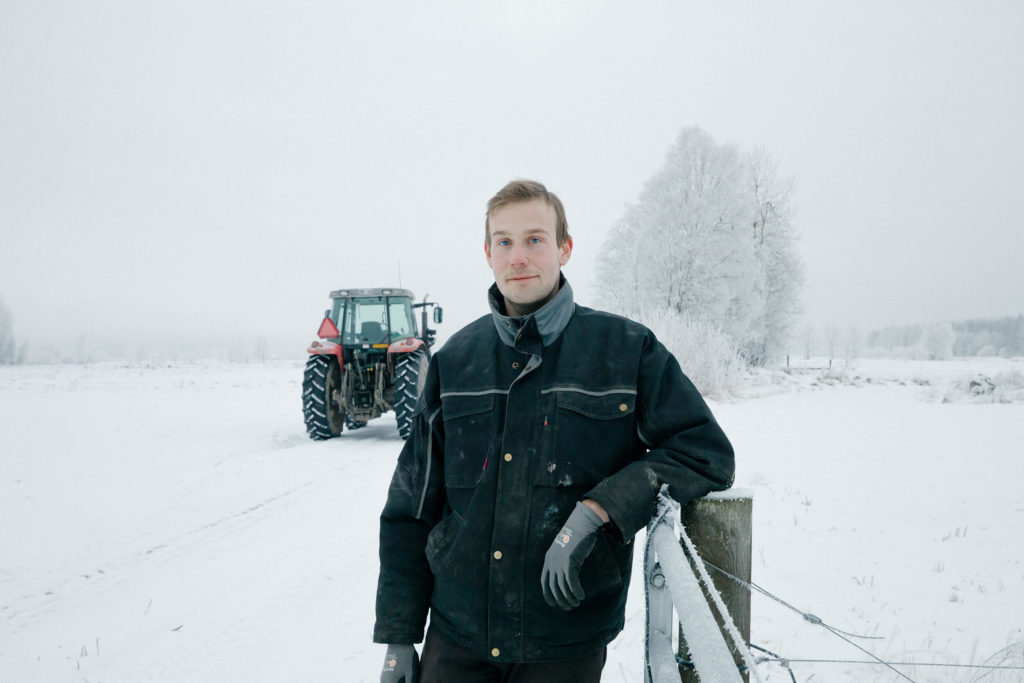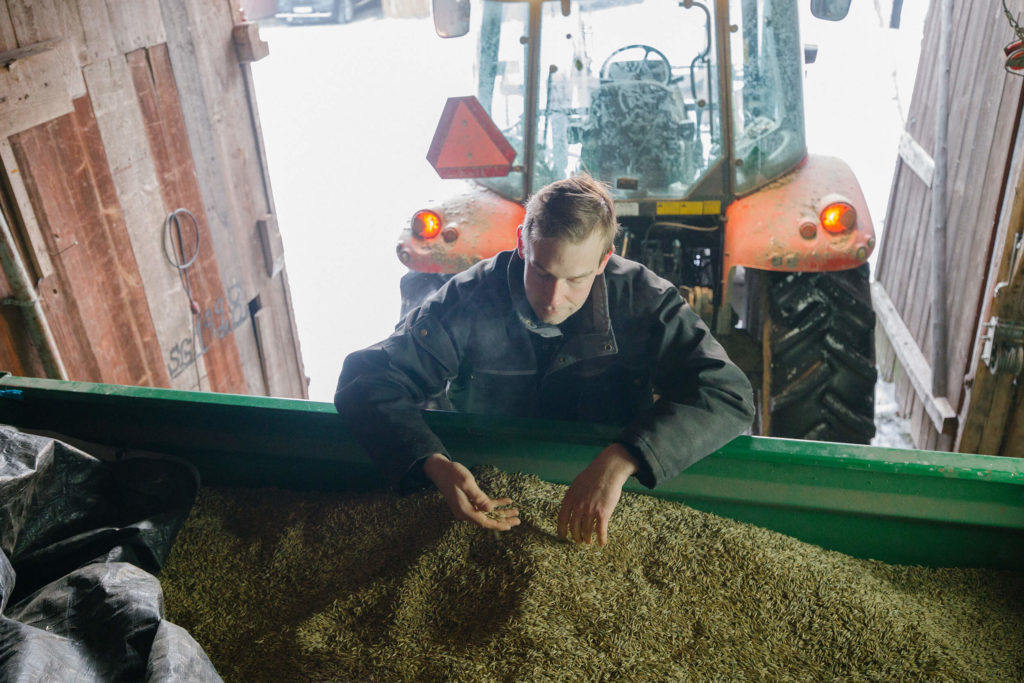In October 2020 the European Parliament voted yes to Amendment 171, a law that could make it illegal for plant-based food to reference dairy in any way, shape or form. Words, pictures or even using the same kind of packaging. Absurd right? That’s what Oatly, the world’s original and largest oat drink company thought.
This new law would not only put a halt to years of efforts to make sustainable eating easier, but would also bizarrely enough go against the EU’s own sustainable food policies. But there was still a chance to stop this new regulation. A petition was made, with the goal of showing decision makers the absurdity of the proposal.
But how could we get ordinary people to care about complicated European policymaking? Well, by showing, not telling. We made packaging that would be a physical reminder of what the amendment could result in. The prospect of having to buy plant-based drinks in balloons, soap dispensers and buckets does strike one as a bit odd right?
We seeded these packaging to journalists, opinion formers and influencers which sparked conversations and media coverage. The result? Over 450 000 people signed the petition. And even better – the EU decided to abolish AM171.
The food sector accounts for about a third of the world’s total greenhouse gas emissions, and livestock in turn for 56–58% of the emissions of the food system. This is something Oatly, as the global market leader in oat milk, is trying change. But it requires oats, lots of oats. Especially as the demand for oat milk is on the rise. Getting farmers to transition from having cattle to cultivating oats is not something you do in the blink of an eye. You need knowledge, support and an economic guarantee that you will be able to sell your crops at a reasonable price.


Oatly teamed up with Adam Arnesson, a Swedish farmer who had embarked on that journey himself. In collaboration with SLU, Swedish University of Agricultural Sciences, Oatly initiated a three-year project to get more farmers to transition from cattle to crops. We called the project Bonde Söker Bönder (Farmer Looking for Farmers) in reference to the popular Swedish reality show ”Bonde Söker Fru” (Farmer Looking for a Spouse). But instead of a farmer looking for a spouse they sent Adam looking for other farmers interested in getting support and help to make the transition.
With the power of the people and tools of the JUNO PR office the project reached over 3 000 000 Swedes. Adam was interviewed in media, and Oatly’s effort to reach out to Swedish farmers was highlighted. As a result, over 100 farmers applied to the 10 available spots in the project, paving the way for a new generation of oat farmers.